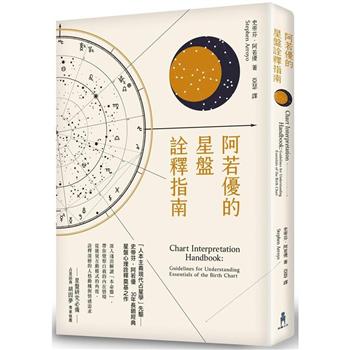Significant changes to the Constitution come about through the interpretation of the Constitutional Courts and Tribunals and not through the formal means provided for this. It is in this context that the phenomenon of constitutional mutation is inserted. Commonly referred to as a change in the sense, meaning and scope of the rule despite the inalterability of its text, this concept fails to satisfactorily explain the wide variety of cases listed by the doctrine as hypotheses of constitutional mutation. This dissatisfaction is due to the factual and legal complexity involved in the phenomenon of mutation. Not every interpretative change by the courts corresponds to the complexity of a mutation. We therefore analyze the necessary differentiation between interpretation and the phenomenon of constitutional mutation in the light of the Principle of Separation of Powers and its representative role in democratic dynamics.
| FindBook |
有 1 項符合
The legitimacy of constitutional mutation through judicial interpretation的圖書 |
 |
The legitimacy of constitutional mutation through judicial interpretation 作者:Maia 出版社:Our Knowledge Publishing 出版日期:2024-04-26 語言:英文 規格:平裝 / 244頁 / 22.86 x 15.24 x 1.4 cm / 普通級/ 初版 |
| 圖書館借閱 |
| 國家圖書館 | 全國圖書書目資訊網 | 國立公共資訊圖書館 | 電子書服務平台 | MetaCat 跨館整合查詢 |
| 臺北市立圖書館 | 新北市立圖書館 | 基隆市公共圖書館 | 桃園市立圖書館 | 新竹縣公共圖書館 |
| 苗栗縣立圖書館 | 臺中市立圖書館 | 彰化縣公共圖書館 | 南投縣文化局 | 雲林縣公共圖書館 |
| 嘉義縣圖書館 | 臺南市立圖書館 | 高雄市立圖書館 | 屏東縣公共圖書館 | 宜蘭縣公共圖書館 |
| 花蓮縣文化局 | 臺東縣文化處 |
|
|
圖書介紹 - 資料來源:博客來 評分:
圖書名稱:The legitimacy of constitutional mutation through judicial interpretation
|











